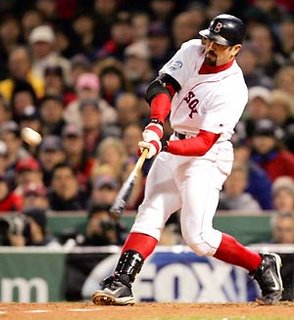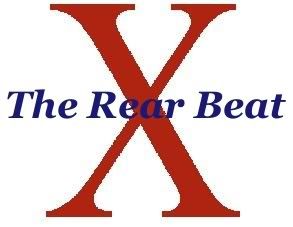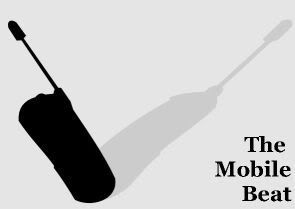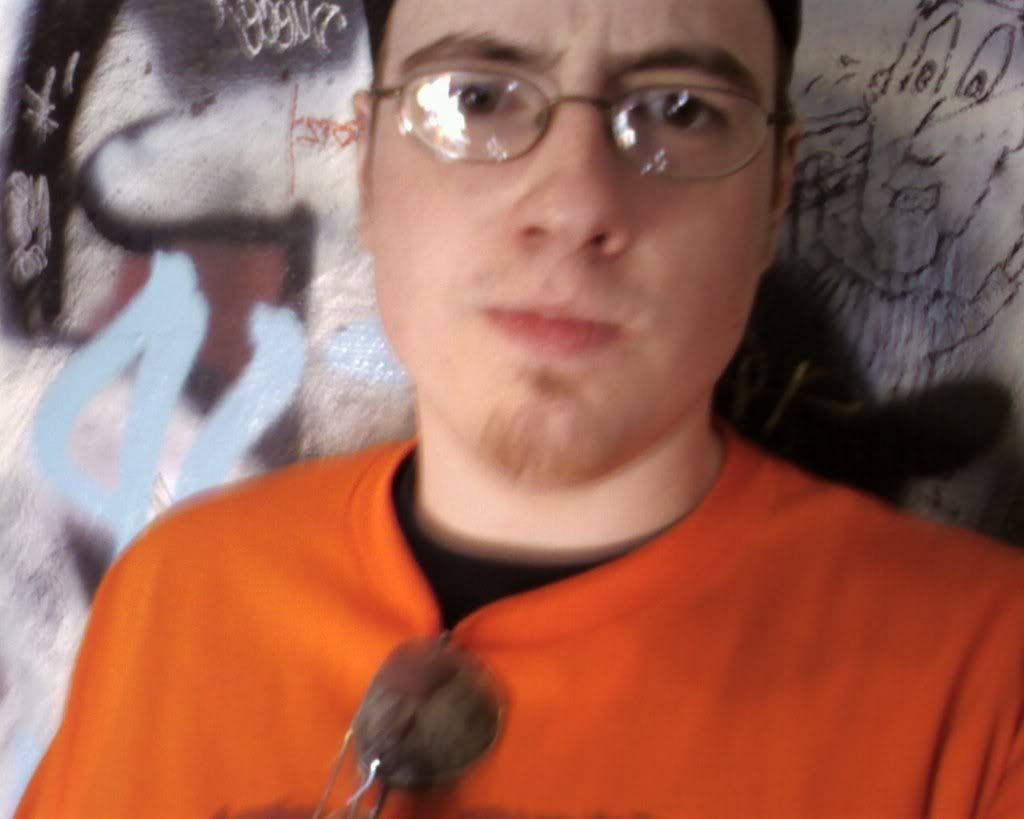 Red Sox Catchers: 2006 aside, the Red Sox for years now have boasted of one of the most dependable and productive catching duos in the game. Jason Varitek, despite a downfall in his hitting last season, remains the most important aspect of Boston’s pitching staff. This was quite obvious when any sense of good pitching completely fell apart after Varitek hit the disabled list on August 1 and had to undergo knee surgery. Always known to be a pitcher’s catcher who can call a game as good as any other big leaguer around, in 2005 Varitek proved that he was in fact the best all around catcher in the league by taking home both the Gold Glove and the Silver Slugger award. That year he batted .281 with 22 homeruns and 70 RBI, and was the AL starter in the All-Star game. In 2006, however, Varitek saw his average drop to .238 with 12 homers and 55 RBI. Many believe that his participation in the inaugural World Baseball Classic led to his decreased production and late-season breakdown, so if he can respond well to his knee surgery he should be back to his normal self in 2007. Regardless of his hitting, V-Tek will remain the premier game-caller in the league, and he’s always been an outstanding plate-blocker. With a killer rotation and a beefy bullpen to work with, Varitek should lead the pitching staff to drop as much as a run from its collective ERA in 2007.
Red Sox Catchers: 2006 aside, the Red Sox for years now have boasted of one of the most dependable and productive catching duos in the game. Jason Varitek, despite a downfall in his hitting last season, remains the most important aspect of Boston’s pitching staff. This was quite obvious when any sense of good pitching completely fell apart after Varitek hit the disabled list on August 1 and had to undergo knee surgery. Always known to be a pitcher’s catcher who can call a game as good as any other big leaguer around, in 2005 Varitek proved that he was in fact the best all around catcher in the league by taking home both the Gold Glove and the Silver Slugger award. That year he batted .281 with 22 homeruns and 70 RBI, and was the AL starter in the All-Star game. In 2006, however, Varitek saw his average drop to .238 with 12 homers and 55 RBI. Many believe that his participation in the inaugural World Baseball Classic led to his decreased production and late-season breakdown, so if he can respond well to his knee surgery he should be back to his normal self in 2007. Regardless of his hitting, V-Tek will remain the premier game-caller in the league, and he’s always been an outstanding plate-blocker. With a killer rotation and a beefy bullpen to work with, Varitek should lead the pitching staff to drop as much as a run from its collective ERA in 2007.Mirabelli also suffered an uncharacteristic down year in 2006, but chances are he too will bounce back this season. Previously considered perhaps the best backup catcher in the major leagues, Mirabelli was traded to San Diego before the 2006 season for second baseman Mark Loretta. While trading a backup catcher for a starting second baseman who turned out to be a very dependable number two hitter for the Sox is a move that can be lauded by critics of the front office, scrambling to get Mirabelli back in May and giving up Josh Bard and Cla Meredith (who proved to be stars on the Padre’s roster) is not one of Theo Epstein’s crowning achievements. Mirabelli hit .191 with 6 homers and 25 RBI for the Sox, and his biggest draw - catching mastery over Tim Wakefield’s knuckleball - was nullified while Wakefield spent two long months on the disabled list. Still, Epstein opted to resign Mirabelli to a one-year deal with expectations that Mirabelli will return to his 2004 form when he had career highs in average (.281), homers (9), and RBI (32).
Meanwhile, Epstein may have redeemed himself for the Mirabelli debacle when he made perhaps his best move of the season in August, sending David Wells to the Padres for catching prospect George Kottaras. The Padres got a 43 year-old contract-year pitcher who has knee and back problems, while the Sox received the Padre’s top hitting prospect and immediately upgraded what had been a weak position in the system. Splitting his time between each club’s double-A affiliates, Kottaras batted .255 with 10 homeruns and 50 RBI in 376 at-bats. The Sox also made minor-league deals with two defensive-minded catchers in Alberto Castillo and Kevin Cash. Neither catcher is known for his prowess at the plate, but should they be called up in a time of Boston need, they will be more than effective behind the plate.
 Yankees Catchers: New York got somewhat more production from the backstop position than did the Red Sox in 2006. A big part of that is because Jorge Posada, a lifelong Yankee, hit for a .277 average with 23 homeruns and 93 RBI. That rather large RBI number was tops in the league for catchers, but it’s not hard to knock a lot of runs in when you’ve got a middle-of-the-order lineup like the Yankees’ batting in front of you. Still, Posada has been very dependable at the plate since he became the full-time starter in 1998, averaging 21-plus homers and 83 RBI per year and maintaining a career .270 average. He played in 143 games, starting 121 behind the plate last year despite suffering bruises on his elbow and finger, and a strained tendon in his knee. However, he has a tendency to wilt under pressure, as evidenced by his .241 career postseason batting average with 9 homeruns and 31 RBI in 307 at-bats. Defensively, Posada is middle-of-the-pack. He doesn’t have a strong arm and he can let a lot of pitches get by him. He’s also been known to let his defense slip after experiencing a bad at-bat. His defense has improved somewhat over the past few years, but it’s still doesn’t put him in the top ten in the league.
Yankees Catchers: New York got somewhat more production from the backstop position than did the Red Sox in 2006. A big part of that is because Jorge Posada, a lifelong Yankee, hit for a .277 average with 23 homeruns and 93 RBI. That rather large RBI number was tops in the league for catchers, but it’s not hard to knock a lot of runs in when you’ve got a middle-of-the-order lineup like the Yankees’ batting in front of you. Still, Posada has been very dependable at the plate since he became the full-time starter in 1998, averaging 21-plus homers and 83 RBI per year and maintaining a career .270 average. He played in 143 games, starting 121 behind the plate last year despite suffering bruises on his elbow and finger, and a strained tendon in his knee. However, he has a tendency to wilt under pressure, as evidenced by his .241 career postseason batting average with 9 homeruns and 31 RBI in 307 at-bats. Defensively, Posada is middle-of-the-pack. He doesn’t have a strong arm and he can let a lot of pitches get by him. He’s also been known to let his defense slip after experiencing a bad at-bat. His defense has improved somewhat over the past few years, but it’s still doesn’t put him in the top ten in the league.Backing up Posada this year will be career minor-leaguer Will Nieves. Since being taken in the 47th round of the 1995 amateur draft by the San Diego Padres, Nieves has played in just 37 games in the major leagues. Last season for the Yankee’s triple-A Clippers, Nieves hit .259 with 5 homeruns and 34 RBI. He didn’t manage a hit in his six major-league at-bats. The only upside to all of Nieves’ negatives is that Posada will probably catch 80% of New York’s games.
The Yankees don’t have many other options at backstop in their system, though they did make a splash by signing 16 year-old Venezuelan prospect Jesus Montero. It’s unlikely that Montero will see any big-league action in the next few years, but the Yanks intend to make him Posada’s replacement when Jorge retires. For 2007, however, the Yankees will be in big trouble should Posada go down with an injury.
Bottom Line: While Posada may have a slight offensive edge over Varitek, the two don’t even begin to compare defensively. If Posada can score two runs in a game, Varitek can score one and save two with his defense and game-calling. Add that to Boston’s new-found depth at the position and the Yankees’ apparent lack of options, and the Red Sox clearly have the stronger backstop situation for 2007.







2 comments:
Typical drivel from a Red Sux homer.
huh. weird i think i'm being pretty fair in my projections.
Post a Comment